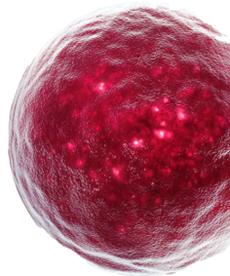DPD Deficiency
Dihydropyrimidine dehydrogenase (DPD) is an essential enzyme for the metabolism of fluorouracil and capecitabine, two common chemotherapy drugs. Genetic mutations on the DPYD gene are known to decrease the activity of the enzyme. Individuals who carry at least one copy of no-functional DPYD variants, may not be able to metabolize those drugs at normal rates, and are at risk of potentially life-threatening toxicity. For this reason, the European Medicines Agency (EMA) and other working groups highly recommend the DPD testing prior to treatment with fluorouracil, capecitabine, tegafur, and flucytosine [1].






P-33 Results of initial DPYD screening for cancer patients receiving fluoropyrimidines
Rare Dihydropyrimidine Dehydrogenase Variants and Toxicity by Floropyrimidines: A Case Report
Implementation and clinical benefit of DPYD genotyping in a Danish cancer population
OPTIMALISATIE VAN MOLECULAIR GENETISCHE TESTEN IN DE FARMACOGENETICA
Associated Publications
You have a question regarding our products ? You want to know more about our method ?
Find out about our other expertises

